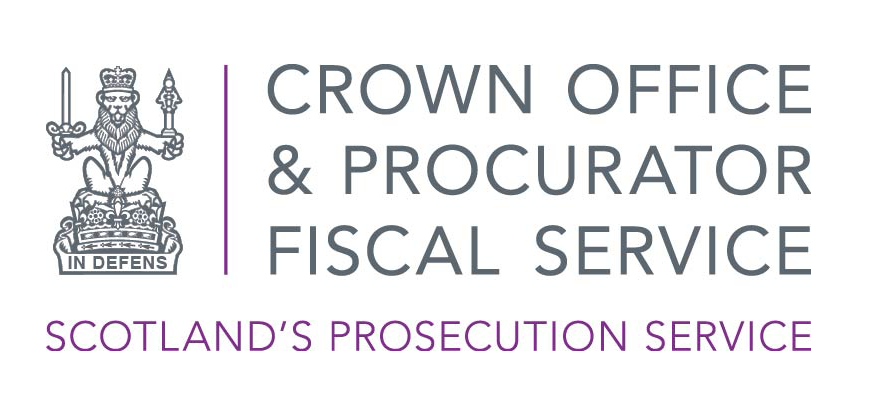
Leadership Pledge of Support
The following organisations have pledged their ongoing commitment to embedding trauma informed principles and practice in Scotland to support anyone affected by psychological trauma. Find out how you can sign the Leadership Pledge of Support below.
Pledge Signatories in Scotland
Signatories to this pledge agree to:
- Work with others to put trauma-informed and responsive practice in place across our workforce and services.
- Deliver services that wherever possible are actively informed by people with lived experience of trauma.
- Recognise the central importance of relationships that offer collaboration, choice, empowerment, safety and trust as part of a trauma-informed approach.
- Respond in ways that prevent further harm, and that reduce barriers so that people affected by trauma have equal access to the services they need, when they need it, to support their own journey of recovery.
Partnered with
-
 We commit to developing and improving trauma informed principles and practice for all staff and all users of services.
We commit to developing and improving trauma informed principles and practice for all staff and all users of services. -

Crown Office and Procurator Fiscal Service
COPFS are committed to delivering a trauma-informed and compassionate service to all and playing out part in ensuring the justice system is attuned and responsive to the needs of those who find themselves within it. -

Children’s Hospices Across Scotland (CHAS)
CHAS is committed to becoming a trauma-informed and trauma-responsive organisation. Many of the families and young people who access CHAS services will have experienced trauma, as will many of our staff, volunteers, supporters and all those who interact with CHAS. -

Scottish Sports Futures
Scottish Sports Futures has made an organisational commitment to being a trauma-informed and trauma responsive organisation and has been working hard over the past 5 years to ensure an understanding of trauma-informed practice underpins all of our work with children, young people and staff. -

Next Chapter Scotland
We pledge our support to being trauma informed and responsive. People with lived experience of trauma are at the heart of our work. We support our whole team to develop their own knowledge and understanding of trauma-informed and responsive practice through training and supervision. -

Change Grow Live
Our staff create a safe and compassionate environment for individuals affected by substance use, offering trauma-informed, personalised support and choices to help their recovery journey and enhance their health and well-being. -

Ocean Youth Trust Scotland
In committing to being a trauma-informed organisation, we ensure that an understanding of trauma and its impact underpins all aspects of our work. Our approach includes integrating trauma awareness into staff training, and maintaining a supportive environment for participants, staff and volunteers.